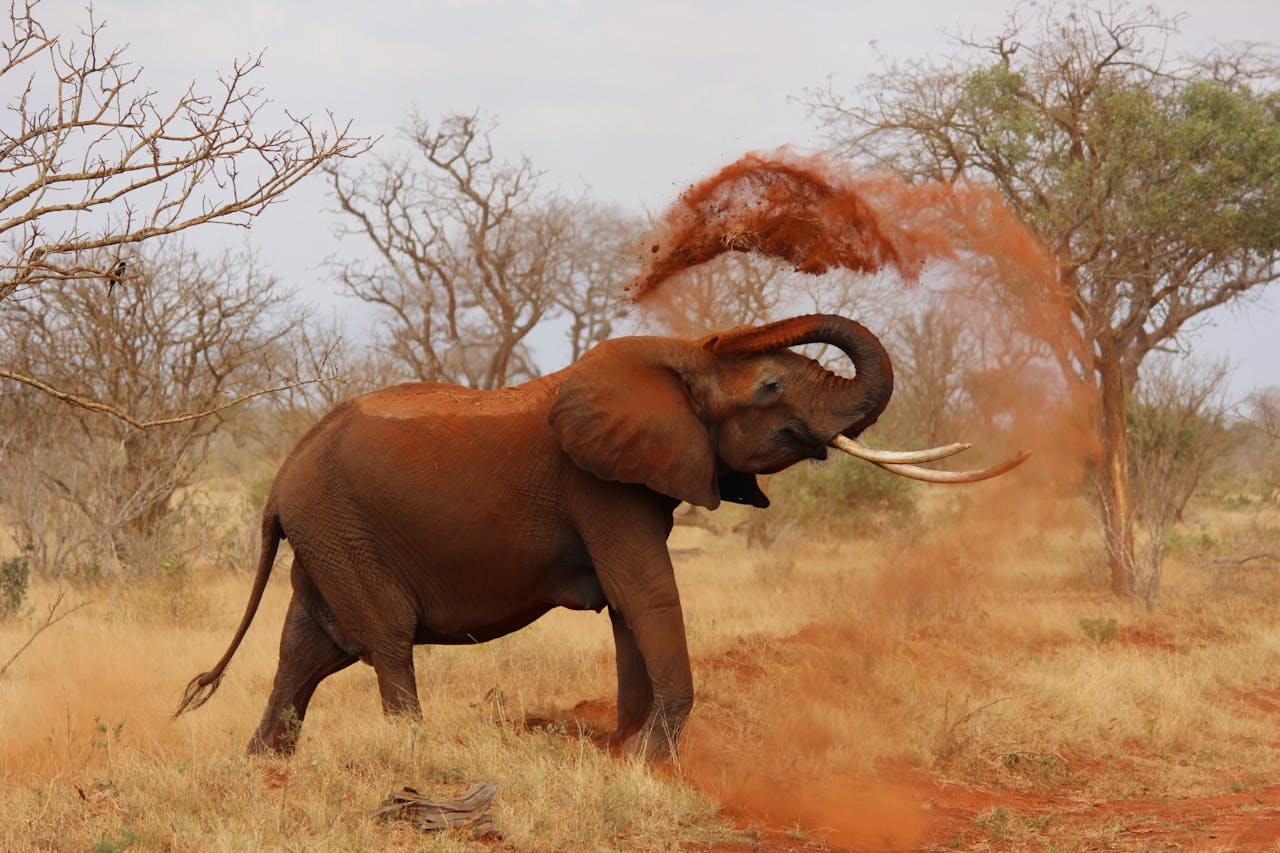Wildlife charities are known for supporting as many animals as possible. These organisations adopt policies and programs that largely impact animals’ welfare. By and large, wildlife charities employ quantifiable, evidence-based, and strategic approaches to guaranteeing the welfare of animals.

- Some wildlife charities work on habitat restoration initiatives, like replanting or restoring wetland areas.
- Numerous species are essential to ecosystem processes like pollination, seed distribution, and pest control.
Why donate to wildlife charities?
In this section, we will highlight the importance of donating to wildlife charities and the impact that donations can make on these organisations.
a. Supports with operating costs
Animal charities greatly aid the protection and care of animals. However, they largely depend on donations to maintain their operations and accomplish their objectives. In addition, these organisations get much less funding than groups that concentrate on companion animals. Essentially, donations contribute to the stability of wildlife charities, allowing them to sustain their operations.
b. Donations can help secure animal protection
Secondly, these organizations are known to run shelters, sanctuaries, and rescue centres. Hence, animals can receive care, medical attention, and rehabilitation. In addition to providing a haven for animals in need, wildlife charities also enhance the physical well-being of these creatures.
Also, during natural disasters like floods, wildfires, hurricanes, and other emergencies, animal charities help save lives and offer emergency care to animals.
c. Empowers Advocacy and Awareness
Animal charities frequently push for legislative changes and increase public awareness of problems like factory farming, animal abuse, and habitat destruction. These organisations prioritise efforts that help encourage society’s transition to treating animals more morally.
Also, by organising campaigns, they increase public awareness concerning animal welfare-related issues. This includes advocating for conservation efforts, the cruelty of puppy mills, and the effects of factory farming on both the environment and animals. By and large, they influence lawmakers and governments to pass legislation and rules that safeguard animals.
d. Promotes Environmental Preservation
Numerous species contribute to ecosystem processes like pollination, seed distribution, and pest control. Hence, protecting animals can benefit the environment in more succinct ways.
Wildlife charities play a crucial role in preserving ecosystems and defending endangered species. Likewise, an ecosystem’s stability and biodiversity are paramount for a healthy environment. These organisations support the preservation of important species and natural habitats.
Some wildlife charities prioritise habitat restoration initiatives, like replanting or restoring wetland areas. These projects promote ecosystem services like carbon sequestration, water filtration, and soil stabilisation while also helping wildlife.
Lastly, animal welfare organisations frequently support sustainable farming, fishing, and forestry methods. By and large, the aim is to slow down environmental deterioration and lessen adverse effects on ecosystems. This includes promoting sustainable farming practices that put animal welfare first and reduce habitat destruction.
Conclusion
We can support animal sustainability through our donations to wildlife charities. These organisations ensure the promotion of responsible behaviour towards animals while increasing public awareness of animal welfare issues.
Did you enjoy reading this article? Please let us know by sharing your comments and suggestions with us below this post.


